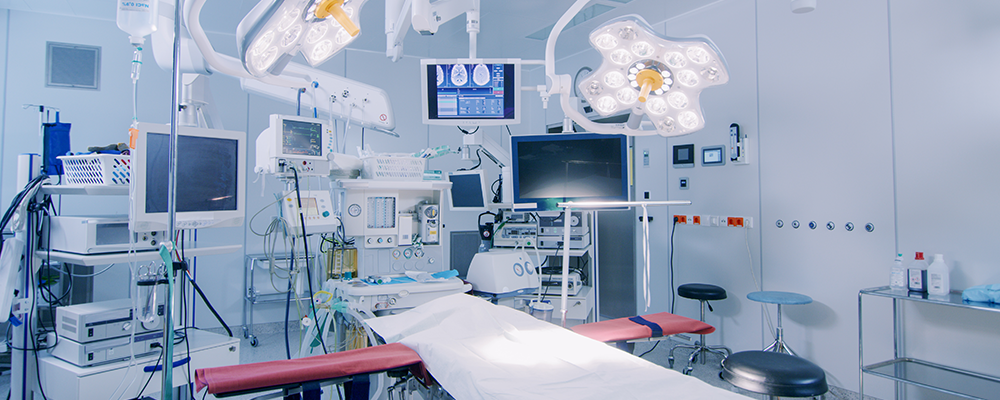
When it comes to developing nations, there is a greater preference among the populace for generic pharmaceutical drugs as opposed to branded ones. In India, generic drugs comprise of 71% of the pharmaceuticals market. The reason for this is not hard to guess – a large proportion of population having low income level means the market is bound to be highly price sensitive.
Generic drugs & healthy human volunteers
Generic drugs may not have to go through the full gamut of clinical trials from Phase 1 to Phase 3, but they do have to pass the Bio-Availability and Bio-Equivalence (BA/BE) tests in order to earn the marketing license. Healthy volunteers have an important role to play in enabling the BA/BE testing of such drugs. Through BA/BE testing, a pharmaceutical company can determine if the molecule that they have developed has a similar response to the branded drug that it seeks to compete with. Another reason BA/BE testing is important is to identify if there is a possibility of any side-effects occurring as a result of being exposed to the generic drug molecule.
How healthy volunteers contribute in BA/BE testing of Generic Drugs
Because the drug is only being tested for bioavailability and bioequivalence with a previously known drug, the testing can be performed on healthy volunteers and need not necessarily involve patient volunteers. Pharmaceutical companies would find it easier to recruit healthy volunteers as the number of patient volunteers would be comparatively lesser, and not all of them would be willing to subject themselves to a clinical test. Thus, healthy volunteers play an important role in enabling the market introduction of generic drugs, which have a key role to play in making healthcare affordable in India and other developing countries.
Reviewing the role of healthy volunteers in testing of Investigational Drugs
In addition to this, First-In-Human (FIH) Phase 1 clinical studies for investigational drugs are also preferably performed on healthy volunteers. The key goal that is sought to be achieved through healthy volunteer studies is to determine the pharmacokinetics and pharmacodynamics of a novel drug that is sought to be introduced, as also to determine the right level of dosage and its safety and tolerability. Typically, this involves a total of 20-80 healthy volunteers divided into groups of 3-6 each, who are administered escalating doses of the investigational drug. Through these studies, a pharmaceutical company attempts to identify the bodily mechanisms involved in absorption, metabolism, and excretion of the drug, its pharmacokinetic profile, and the safety and tolerability of the drug at different dosage levels. By conducting trials on healthy volunteers, a pharmaceutical company gets to understand the body response to a drug as well as its safety profile in the absence of any pre-existing pathological conditions influencing the response.
Thus, healthy volunteers play a key role in the journey of pharmaceutical drugs, both branded and generic, from the laboratory to the market. Not only do pharmaceutical companies benefit by being able to reduce the time taken between the drug research and commercialization, the fact that the drug can be introduced early means it can also be sold at lower prices, thus benefiting the patients who would depend on the drug for treatment.






